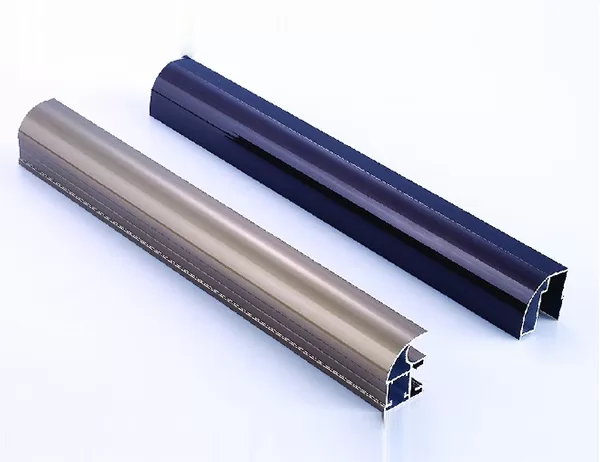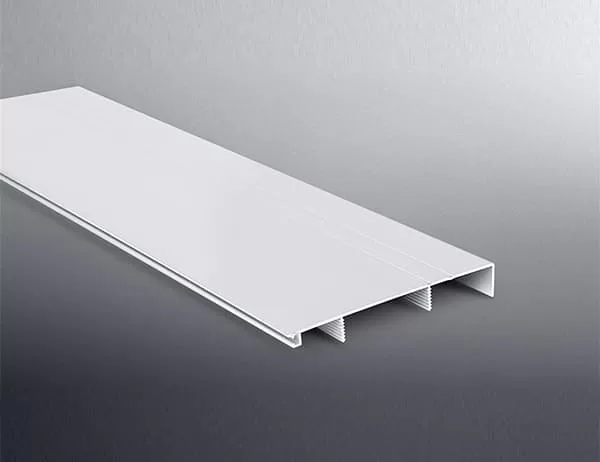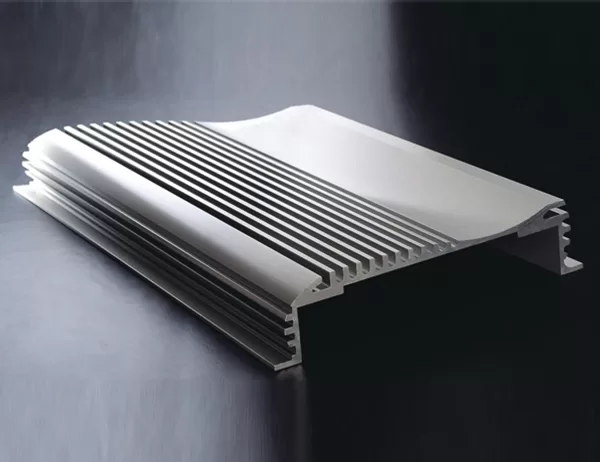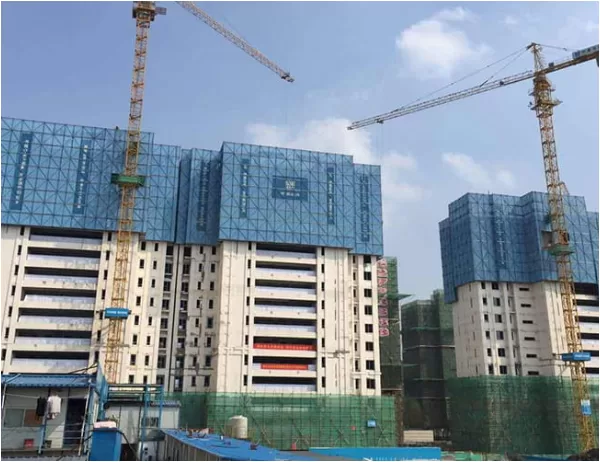Inverter systems, which convert direct current (DC) to alternating current (AC), are widely used in various industrial and household applications. To ensure optimal performance and longevity of these systems, it is crucial to employ effective heat dissipation mechanisms, and heat sinks play a pivotal role in achieving this goal. This article will delve into the significance of heat sinks in inverter systems, highlighting their key functions and benefits.
Heat Dissipation: Managing Excessive Heat
One of the primary functions of heat sinks in inverter systems is to dissipate excessive heat generated during operation. Inverters produce substantial amounts of heat due to energy losses associated with switching and conduction processes. If this heat is not effectively removed, it can lead to component damage, performance degradation, and shortened system lifespan. Heat sinks provide a large surface area for heat dissipation, allowing the heat generated within inverter components to be transferred to the surrounding air.
Preventing Thermal Overload: Protecting Sensitive Components
High temperatures can cause irreversible damage to sensitive electronic components within inverter systems. Heat sinks act as thermal buffers, preventing sensitive components from reaching critical temperatures. By absorbing and dissipating heat, heat sinks ensure that components operate within their specified temperature ranges, reducing the risk of thermal overload and associated failures. This protection extends the lifespan of inverter systems and minimizes the likelihood of costly repairs or replacements.
Improving System Efficiency: Optimizing Energy Utilization
Effective heat dissipation contributes to improved system efficiency. When heat is effectively dissipated, inverter components can operate at optimal temperatures, resulting in reduced energy loss and increased output efficiency. Heat sinks enhance the system’s ability to convert DC to AC power with minimal energy waste, leading to improved overall energy utilization and savings in energy consumption.
Enhanced Reliability: Ensuring Continuous Operation
Reliable operation is critical for inverter systems used in critical applications. Heat sinks play a crucial role in ensuring system reliability by preventing thermal-related failures. By maintaining proper operating temperatures, heat sinks minimize the likelihood of component burnout, short circuits, and other potential faults. This reliability ensures continuous operation, reducing downtime and safeguarding the integrity of connected equipment or processes.
Compact Design: Space Optimization
Heat sinks are designed to be compact and unobtrusive, allowing for efficient space utilization in inverter systems. They can be integrated seamlessly into the system’s enclosure, maximizing the available space for other components or facilitating installation in space-constrained environments. This compact design allows for flexible installation and optimization of system layout, meeting the space requirements of various applications.




